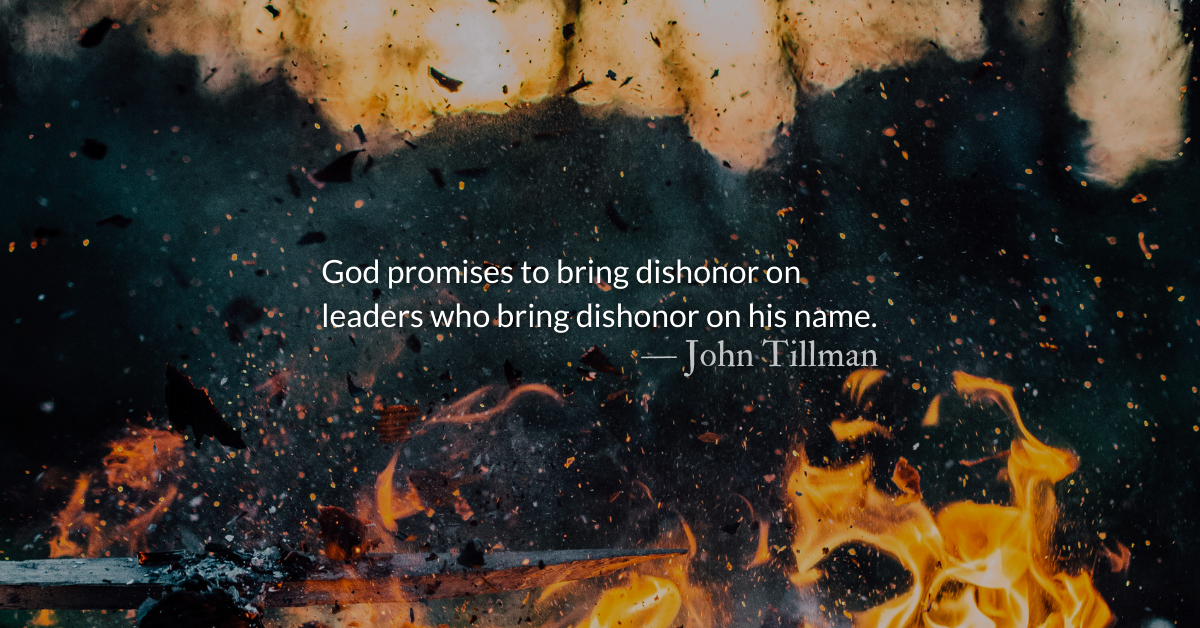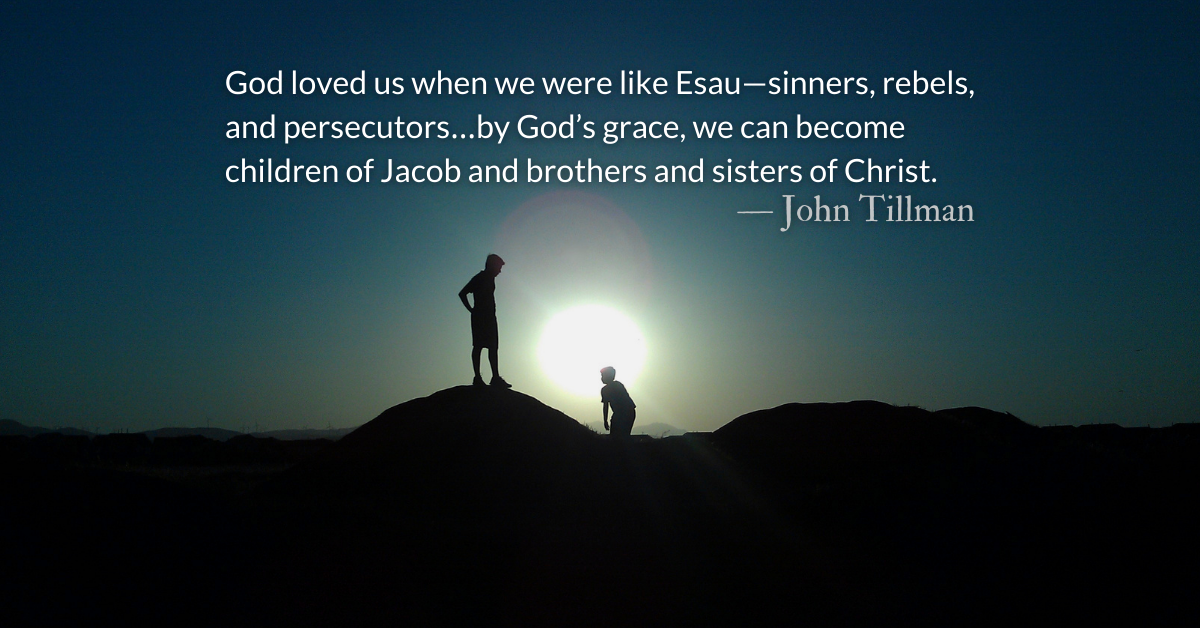Scripture Focus: Malachi 4.4-6
4 “Remember the law of my servant Moses, the decrees and laws I gave him at Horeb for all Israel.
5 “See, I will send the prophet Elijah to you before that great and dreadful day of the Lord comes. 6 He will turn the hearts of the parents to their children, and the hearts of the children to their parents; or else I will come and strike the land with total destruction.”
2 Chronicles 36.23
23 “This is what Cyrus king of Persia says:
“‘The Lord, the God of heaven, has given me all the kingdoms of the earth and he has appointed me to build a temple for him at Jerusalem in Judah. Any of his people among you may go up, and may the Lord their God be with them.’”
Reflection: The “Last Words” of a Testament
By Erin Newton
What do you say to a loved one when you know you won’t see them for a while? Do you warn them of impending dangers? Do you encourage them? Do you offer a bit of advice?
Malachi 4 closes the Old Testament, at least in the Protestant Bible. These verses mark the end of God’s revelation through the prophets and open the period of “silence.” The Hebrew Bible, arranged differently, ends with 2 Chronicles. This variation of “last words” reveals God’s steadfast and unchanging nature.
2 Chronicles 36 ends with Cyrus’s proclamation to restore the Jerusalem temple. The final words are a promise—“May the Lord their God be with them.” God with us—Immanuel. Although the Hebrew Bible ends with this promise and does not continue with the testimony of that same Immanuel, God has always promised to be with his people.
The “last words” of Malachi 4 are an encouragement, a warning, and an instruction.
The instruction: “Remember the law of Moses.” A reminder not to neglect the word of God. For centuries, the people had warped the message of God using divine words for personal benefit. It is a call to be more than familiar with the words on the page—to remember the words is to judge and apply them rightly.
The warning: “I will send the prophet Elijah to you before that great and dreadful day.” The days ahead, though the sun rises with healing (v. 2), are marked for judgment. These “last words” herald a time when all spiritual procrastination will meet a deadline. The coming day would draw a line between apathetic and repentant hearts.
The encouragement: “He will turn the hearts of the parents to their children, and the hearts of the children to their parents.” The last words are words of peace. Formerly one family, the people of Judah, were torn apart by exile but reunited a century later. The returning people and those who remained in the last were at odds with one another (read Ezra and Nehemiah). God promises to reconcile the family of God.
God’s “last words” are true for us today. We must remember his word and turn our hearts to peace and repentance. The promised Elijah has come, and the peace has been set in motion by Christ. Why do we continue to sow animosity in the family of God? Let us take heed to remember these “last words.”
Divine Hours Prayer: A Reading
Jesus taught us, saying: “Whoever holds to my commandments and keeps them is the one who loves me; and whoever loves me will be loved by my Father, and I shall love him and reveal myself to him.” — John 14.21
– From The Divine Hours: Prayers for Summertime by Phyllis Tickle.
Today’s Readings
Malachi 4 (Listen 1:06)
Psalm 92-93 (Listen 2:09)
Read more about Destiny of Grass vs Cedars
The writer sees through the illusion that worldly power and success indicate heavenly endorsement. So should we.
Apply or tell a student!
One spot left! (and overflow available) #StudentWritersMonth orientation begins this weekend! #FreeCoaching, seminars by special guests, published work, and a scholarship/stipend.










